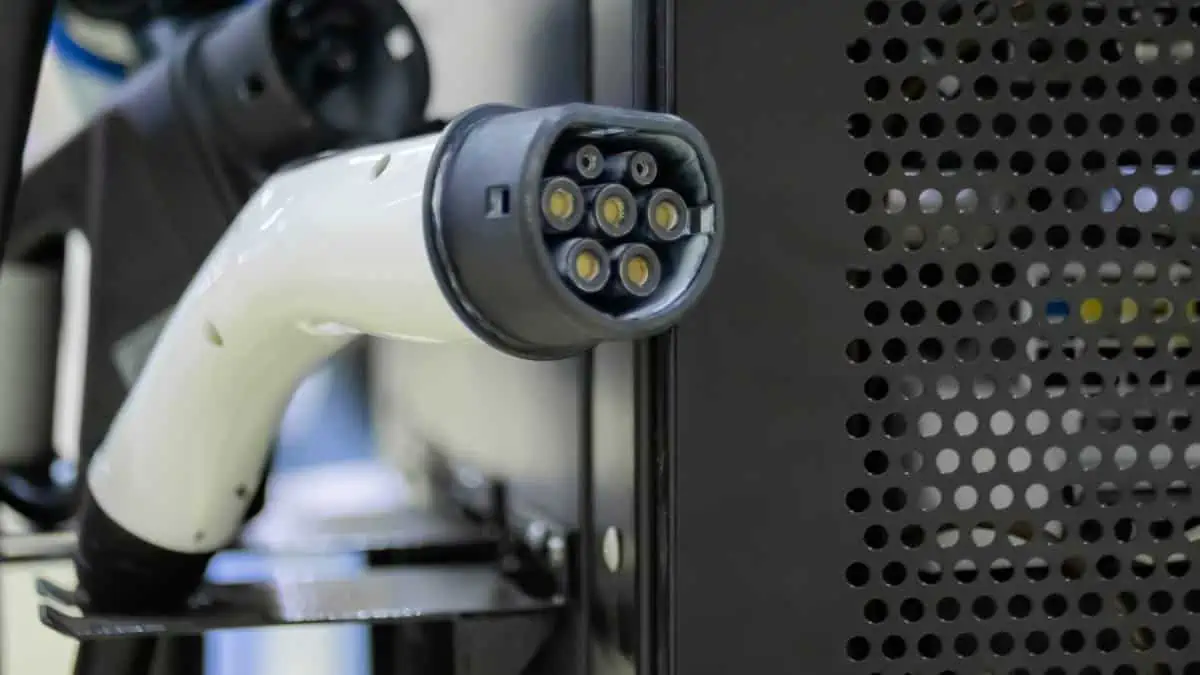The Victorian Government announced plans to invest $2.2 million to support four projects to expand the state’s current electric vehicle charging network under the Zero Emissions Vehicle Emerging Technologies (ZEVET) program.
The four government-backed projects will install 214 EV chargers throughout 116 locations in Victoria.
Four projects included in the ZEVET program
It is worth noting that the ZEVET program is just a sub-project of the $19.21 million Acceleration of Zero Emissions Vehicle Adoption (AZEVA) program. It aims to boost the deployment of public and fleet charging infrastructures in the state.
As mentioned, it will fund the advancement of charging technology in Victoria. It will reportedly cover various activities, including pilot operations, demos, and implementation-ready initiatives.
One of the four projects is the JET Charge Battery Backed EV Charging. It aims to establish four movable independent solar-powered battery and EV chargers.
Drive further asserted the other project that would deploy 100 EV chargers on street light poles throughout three inner-city council sites.
Meanwhile, another project would install 10 chargers exclusive for the apartment complex parking.
The fourth project pledges to erect 100 intelligent connected charges to households and firms throughout the state. It can effectively detect excess power from solar panels.
“These projects will build on electric vehicle charging technologies to support the uptake of zero emissions vehicles. They’ll also create local industry and jobs as they build skills, capabilities and services across Victoria.”
Member for Bentleigh Nick Staikos
However, the Victorian Government has yet to disclose the official schedule of the four projects’ commencement.
Victoria’s contrasting EV policy decisions
The ZEVET program indeed aims to expand and improve the state’s charging infrastructures. However, it seems to oppose some of the state government’s policies regarding electric vehicles.
Perthnow noted that Victoria withdrew its $3,000 EV incentive in June 2023. It says the state witnessed a significant increase in ZEV demand due to the policy.
It also imposed a road-user tax for EVs and FCEVs of 2.8 cents per kilometer. Meanwhile, plug-in hybrid vehicles must pay 2.1 cents for every kilometer they take.
See Also:
- Victorian opposition pledged electric-car chargers and to pause road-user tax
- NSW and Victoria to boost electric vehicles in Australia
- NSW Premier threatens the industry to withdraw the EV subsidies
- Australia: H1 2023 EV sales already exceeded FY 2022 records
- Queensland advanced as the best state to buy an EV in Australia
Nonetheless, the four significant projects under the ZEVET program will undoubtedly aid Victoria in its goals of having EVs account for 50% of its new light vehicle sales by 2030 and gradually achieve carbon neutrality in bus fleet by 2045.
It can encourage more customers to consider joining the EV transition without worrying about range limits.






